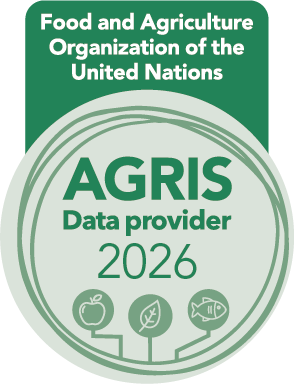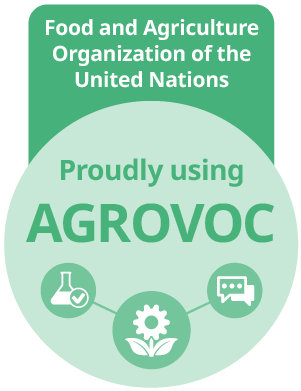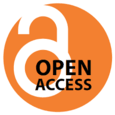Click, Track and Eat: The Power of Nutrition Apps
DOI:
https://doi.org/10.54393/df.v5i01.117Abstract
Nutrition apps enhances the nutrition guidance and suitability in balancing and tracking food intakes. They expand knowledge and awareness about nutrition as well. The modern technologies connect users to have wearable devices and data analytics with motivations, visions and support on their journey towards healthy lifestyles. Instead of hunting through books and contacting nutritionists, you can find all information about healthy lifestyles into single solution and easily assessable platforms.
As it provides more flexibility, it allows the users to interact at their own ease and make healthier choices by obtaining nutritious recipes and advices, which makes it more convenient and cost effective. In addition, these apps provide users to give real-time feedbacks and guidance, monitor their diet behaviors and physical activities and supplementation information They also facilitate them in weight calculations and calories-tracking to manage their whole diet plans. Furthermore, these offer several healthier activities like exercising and staying hydrated alerts.
However, nutrition apps have many limitations and challenges; users may consider it time consuming with recent study highlighting that the calorie and fitness tracking may be related to eating disorders [1]. Additionally, another study on eating disorders found that body dissatisfaction and preoccupations with body shape tend to be high in the individuals using nutrition apps [2]. Despite these issues, the accuracy of these app can vary depending on user’s capability to record their food intake.
Nevertheless, this does not deny the significance of dietary compositions in health and illness prevention and management. Appropriate nutritional intake is crucial to maintain a healthy life, avoid nutrient deficiencies and lower the risk of diseases. Therefore, it is imperative to establish effective methods so that the dietary can be tracked and thus improved. It is equally important to address the concerns related to negative impacts of nutrition apps such as unhealthy eating habits due to overdependence.
In conclusion, this editorial sheds light on the significance of nutrition apps that provide user-friendly interactions for improving dietary habits. While many of nutrition apps have positively improved user behaviors and diet quality, addressing challenges such as users’ annoyance and disengagements still remains. Looking forward, prioritizing user satisfaction and enhancing functionality is crucial to unlocking the nutrition apps potential for achieving long-term impacts in diet quality and promoting healthier lifestyles.
References
McCaig D, Elliott MT, Prnjak K, Walasek L, Meyer C. Engagement with MyFitnessPal in eating disorders: Qualitative insights from online forums. International Journal of Eating Disorders. 2020 Mar; 53(3): 404-11. doi: 10.1002/eat.23205
Feldhege J, Moessner M, Bauer S. Detrimental effects of online pro–eating disorder communities on weight loss and desired weight: Longitudinal observational study. Journal of Medical Internet Research. 2021 Oct; 23(10): e27153. doi: 10.2196/27153
Downloads
Published
Issue
Section
License
Copyright (c) 2024 DIET FACTOR (Journal of Nutritional and Food Sciences)

This work is licensed under a Creative Commons Attribution 4.0 International License.
This is an open-access journal and all the published articles / items are distributed under the terms of the Creative Commons Attribution License, which permits unrestricted use, distribution, and reproduction in any medium, provided the original author and source are credited. For comments









